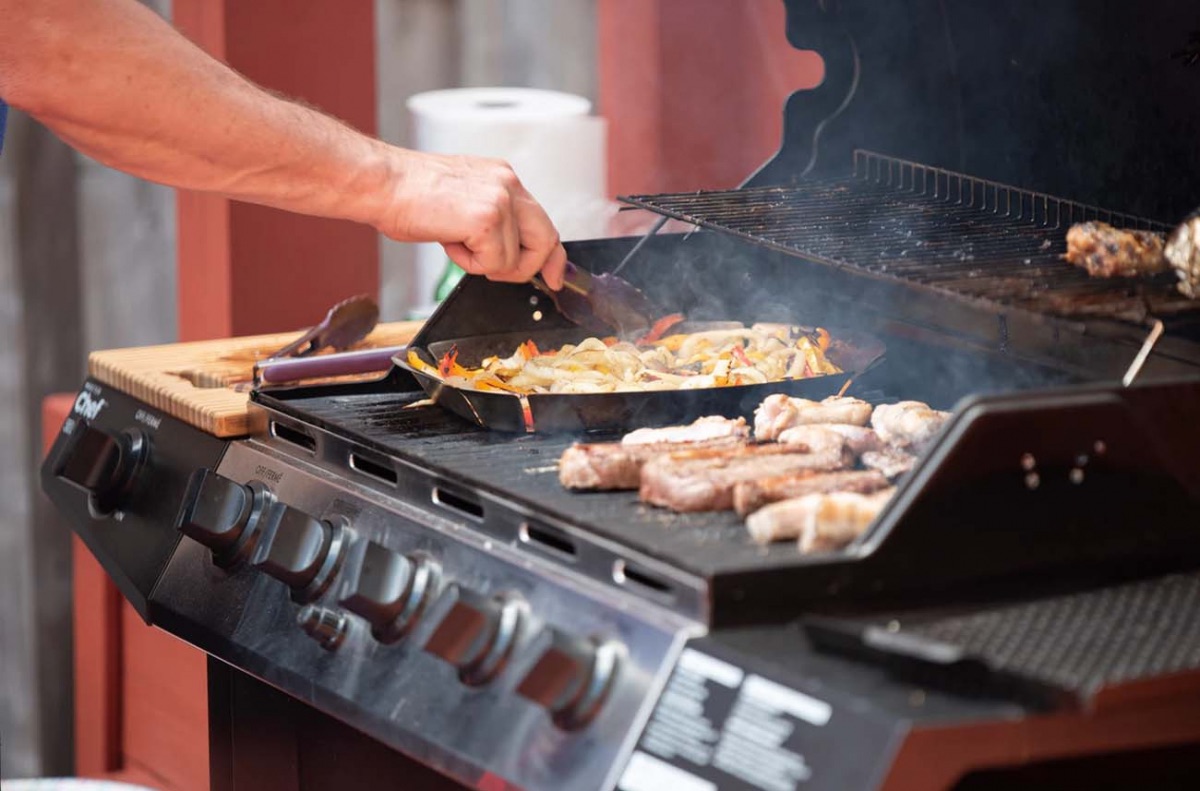

Articles
How Long Do Gas Grills Last
Modified: February 27, 2024
Discover helpful articles on how long gas grills typically last, maintenance tips, and factors affecting their lifespan. Learn how to make the most out of your gas grill investment.
(Many of the links in this article redirect to a specific reviewed product. Your purchase of these products through affiliate links helps to generate commission for Storables.com, at no extra cost. Learn more)
Factors Affecting the Lifespan of Gas Grills
Gas grills are a popular choice among BBQ enthusiasts due to their convenience and ability to deliver deliciously grilled meals. However, like any other appliance, gas grills have a limited lifespan. Understanding the factors that affect the longevity of a gas grill can help you make informed decisions, maximize its lifespan, and get the most out of your investment.
1. Quality of Construction: The quality of materials used in the construction of a gas grill plays a significant role in its lifespan. Grills made with high-quality stainless steel or cast iron tend to offer greater durability and resistance to rust and corrosion compared to those made with cheaper materials.
2. Frequency of Use: The more often you use your gas grill, the greater the wear and tear it will experience. Heavy and frequent use may result in components such as burners, igniters, and cooking grates deteriorating faster. If you’re an avid griller, expect the lifespan of your grill to be shorter compared to occasional users.
3. Maintenance and Cleaning: Proper maintenance and regular cleaning can significantly extend the lifespan of your gas grill. Regularly inspecting and cleaning the burners, removing grease and debris from the grates, and ensuring proper gas line connections all contribute to its longevity.
4. Climate and Storage Conditions: The climate in which you live and how you store your grill can impact its lifespan. Harsh weather conditions, such as extreme heat or cold, can cause damage over time. Similarly, leaving your grill exposed to the elements when not in use can accelerate rust and corrosion.
5. Replacement Parts Availability: The availability of replacement parts can affect the lifespan of a gas grill. If the manufacturer discontinues a model or stops producing specific parts, it may become challenging to find replacements, making it more difficult to repair and prolong the life of the grill.
6. User Maintenance Practices: The way you use and maintain your gas grill can also influence its lifespan. For example, always preheating the grill before cooking, not overheating the burners, and using proper cleaning techniques can help prevent damage and extend its overall life.
7. Brand Reputation and Warranty: Choosing a reputable brand known for quality craftsmanship and offering a solid warranty can be an indicator of a longer-lasting gas grill. Manufacturers who stand behind their products with extended warranties are more likely to produce grills designed to withstand the test of time.
Understanding these factors and taking the necessary steps to care for your gas grill can help ensure that you get the most out of it. Regular maintenance, proper cleaning, and occasional repairs will go a long way in extending the lifespan of your grill and enjoying countless delicious meals for years to come.
Key Takeaways:
- Gas grill lifespan can range from 5 to 15 years, influenced by factors like construction quality, maintenance, and frequency of use. Regular cleaning and proper storage can extend its longevity.
- Signs that a gas grill may need replacement include deteriorating burners, worn-out cooking grates, gas leaks, rust, and corrosion. Upgrading to a new grill may be more practical than extensive repairs.
Read more: How Long Do Grills Last
Understanding the Average Lifespan of Gas Grills
A common question among gas grill owners is, “How long will my grill last?” While there is no definitive answer, understanding the average lifespan of gas grills can help you gauge when it might be time for a replacement and how to maximize the longevity of your grill.
On average, gas grills have a lifespan of about 5 to 15 years. However, this can vary depending on various factors, including the quality of the grill, frequency of use, maintenance practices, and climate conditions.
Lower-end gas grills typically have a shorter lifespan of around 5 to 7 years. These grills are often made with cheaper materials and may not withstand heavy use or harsh weather conditions as well as higher-end models.
Mid-range gas grills, which offer better construction and durability, can last anywhere from 7 to 10 years with proper care and maintenance. These grills tend to provide a good balance between cost and longevity.
High-end gas grills, built with premium materials like stainless steel or cast iron, have the potential to last even longer – up to 15 years or more. These grills are designed to withstand heavy use and are often equipped with advanced features and superior craftsmanship.
However, it’s important to note that these are general estimates and can vary based on the factors mentioned earlier. Regular maintenance and cleaning, such as checking for gas leaks, keeping burners clean, and ensuring proper ventilation, can help prolong the life of your gas grill.
Additionally, the frequency of use will impact the lifespan of your grill. If you only grill occasionally during the summer months, your grill may last longer compared to someone who grills several times a week throughout the year.
Climate conditions also play a role in the lifespan of a gas grill. If you live in an area with extreme weather conditions, such as high humidity or frequent temperature fluctuations, it can accelerate wear and tear on the grill and reduce its overall lifespan.
Finally, the brand and model of the gas grill can also affect its lifespan. Reputable brands that prioritize quality and craftsmanship often produce grills that last longer. It’s worth considering the warranty offered by the manufacturer as well, as this can be an indicator of the confidence they have in the longevity of their grills.
By understanding the average lifespan of gas grills and taking steps to care for and maintain your grill, you can ensure that you get the most out of your investment and enjoy delicious grilled meals for many years.
Signs that Your Gas Grill May Need Replacement
Gas grills are built to withstand regular use and outdoor conditions, but over time, they may start to show signs of wear and tear. Recognizing these signs can help you determine when it’s time to replace your gas grill. Here are some common indicators that your grill may need a replacement:
- Deteriorating Burners: If the burners on your gas grill are corroded, rusted, or no longer functioning properly, it may be a sign that your grill has reached the end of its lifespan. Uneven heat distribution or difficulty in igniting the burners are clear signs that replacement is necessary.
- Worn-out Cooking Grates: Cooking grates that are chipped, cracked, or have extensive rust could impact the quality of your grilling experience. If cleaning and maintenance no longer restore the cooking grates to their original condition, it may be time to invest in a new grill.
- Gas Leaks: Safety should always be a top priority when using a gas grill. If you notice the smell of gas or suspect a gas leak, it is crucial to address the issue immediately. However, repeated gas leaks can be an indicator of underlying problems with the grill’s components and may necessitate a replacement.
- Rust and Corrosion: Over time, exposure to moisture and outdoor conditions can lead to rust and corrosion on various parts of your grill. While some surface rust can be managed with cleaning and maintenance, extensive rust and corrosion on critical components like the firebox or frame might render the grill unsafe and in need of replacement.
- Unresponsive Igniters: If the igniter on your grill fails to consistently light the burners or needs frequent repairs, it could be a sign of significant wear and tear. Igniters that no longer function effectively can become frustrating and impact your grilling experience, indicating it’s time for a new grill.
- Crumbling or Damaged Frame: The frame of your gas grill provides structural stability and support. If you notice signs of significant damage, such as crumbling, bending, or warping, it may compromise the overall functionality and safety of the grill, warranting a replacement.
- Obsolete Model or Discontinued Parts: As technology evolves, grill manufacturers may discontinue older models and parts. If you find it increasingly challenging to source replacement parts or accessories for your grill, it might be more practical and cost-effective to invest in a newer model.
It’s important to note that some issues can be resolved with repairs or maintenance. However, when multiple significant problems arise, it may be more practical and cost-effective to replace the grill altogether.
Regular inspections, proper maintenance, and addressing issues promptly can help extend the lifespan of your gas grill. However, if you notice any of these signs mentioned, carefully evaluate the condition of your grill and make an informed decision on whether it’s time for a replacement.
Tips to Extend the Lifespan of Your Gas Grill
A gas grill is an investment that can provide years of delicious grilled meals and outdoor enjoyment. To ensure that your grill lasts as long as possible, it’s important to follow proper maintenance practices and take steps to extend its lifespan. Here are some tips to help you maximize the longevity of your gas grill:
- Regular Cleaning: Clean your gas grill after each use to remove grease, food residue, and other debris. Use a wire brush or grill scraper to clean the cooking grates, and wipe down the exterior surfaces with a mild detergent and water. Cleaning prevents build-up and reduces the risk of rust and corrosion.
- Prevent Grease Build-up: Clean the grease trap and remove any accumulated grease or drippings regularly. Excessive grease accumulation can cause flare-ups and even lead to damage to your grill’s components.
- Protect from the Elements: If your gas grill is stored outdoors, cover it with a high-quality grill cover when not in use. This protects it from rain, snow, dust, and UV rays, which can cause rust and deterioration. Ensure the grill is completely cool before covering it.
- Inspect Gas Connections: Check the gas connections regularly to ensure there are no leaks. Apply a mixture of soapy water to the connections and look for any bubbles, which indicate a gas leak. If you suspect a leak, turn off the gas supply and consult a professional for repairs.
- Replace Damaged Parts: Inspect the various components of your gas grill, including burners, ignition system, and cooking grates. If you notice any signs of damage, such as rusted or corroded parts, replace them promptly to avoid further deterioration and potential safety hazards.
- Store Properly during the Off-Season: If you don’t plan to use your gas grill for an extended period, such as during the winter months, store it in a dry, well-ventilated area. Before storing, clean the grill thoroughly to remove any grease or residue. Consider disconnecting and safely storing the propane tank separately.
- Follow User Manual Instructions: Read and follow the manufacturer’s user manual for specific maintenance instructions and recommendations for your gas grill model. It provides valuable information on cleaning, maintenance schedules, and important safety guidelines.
- Invest in Quality Accessories: Using high-quality accessories designed for your gas grill, such as grill brushes, covers, and drip pans, can help protect the grill and enhance its performance. They are typically designed to withstand the high heat and are easier to clean, ensuring optimal grill maintenance.
- Perform Regular Inspections: Regularly inspect your grill for signs of wear and tear, such as loose knobs, damaged hoses, or loose connections. Address any issues promptly to prevent further damage and ensure safe operation.
By implementing these tips, you can significantly extend the lifespan of your gas grill, ensuring many years of enjoyable grilling experiences. Remember, proper maintenance and regular care are key to preserving the functionality and longevity of your grill.
Maintenance and Cleaning for Longevity
Proper maintenance and regular cleaning are essential for maximizing the lifespan of your gas grill. By following these guidelines, you can ensure that your grill performs optimally and remains in excellent condition for years to come:
- Regular Cleaning: Clean your gas grill after each use to remove food particles, grease, and debris. Use a wire brush or grill scraper to clean the cooking grates, removing any stuck-on residue. Wipe the exterior surfaces with a damp cloth and a mild detergent. Regular cleaning prevents build-up and reduces the risk of rust and corrosion.
- Deep Cleaning: Perform a deep cleaning of your gas grill at least once a season. Start by removing the cooking grates, burner protectors, and heat plates. Clean them thoroughly with warm, soapy water and a sponge or brush. Clean the interior of the grill, including the burners, with a grill brush and soapy water. Rinse all the parts and allow them to dry completely before reassembling.
- Inspect and Clean the Burners: Periodically inspect the burners for any signs of damage, such as blockages or corrosion. Clean the burners by using a wire brush to remove any debris or residue. Ensure that all burner holes are clear and free from obstructions to maintain even heat distribution.
- Check for Gas Leaks: Regularly check for gas leaks to ensure the safety of your grill. Apply a mixture of soapy water to the gas connections and hoses. If you see bubbles forming, it indicates a gas leak. If you detect a leak, turn off the gas supply immediately, and consult a professional for repairs.
- Clean the Grease Collection System: Remove and clean the grease tray or collection system regularly to prevent grease build-up, which can lead to flare-ups and potential damage to the grill. Dispose of the collected grease properly according to local regulations.
- Inspect and Replace Propane Hoses and Regulators: Inspect the propane hoses and regulators for any signs of wear or damage. Replace them if you notice any cracks, leaks, or brittleness. Faulty hoses and regulators can compromise the performance and safety of your grill.
- Protect Metal Surfaces: Apply a thin coat of cooking oil or a specialized grill protector to the metal surfaces of your grill to help prevent rust and corrosion. This is especially important if you live in a humid or coastal area.
- Store Properly: During long periods when the grill is not in use, such as during the winter months, store it in a dry, well-ventilated area. If possible, cover the grill with a high-quality grill cover to protect it from dust and outdoor elements. Make sure the grill is completely cool before covering it.
By following these maintenance and cleaning practices, you can prolong the longevity of your gas grill and ensure optimal performance. Regular inspections, cleanings, and addressing any issues promptly will help to maintain the functionality, safety, and visual appeal of your grill for years of enjoyable grilling experiences.
Read more: How Long Do Weber Grills Last
How to Properly Store Your Gas Grill
Properly storing your gas grill during periods of non-use, such as winter or extended vacations, is crucial for maintaining its longevity and ensuring it’s ready for use when you need it. Here are some essential tips to help you store your gas grill properly:
- Clean Thoroughly: Before storing your gas grill, clean it thoroughly. Remove any food residue, grease, and debris from the cooking grates, burners, and interior surfaces. Use a wire brush, grill scraper, and soapy water to clean all the parts. Rinse them thoroughly and allow them to dry completely.
- Disconnect Propane Tank: If your gas grill uses a propane tank, disconnect it from the grill before storing. Make sure the tank valve is closed tightly and secure the tank in an upright position in a well-ventilated area. Store the propane tank away from high heat, open flames, or other potential sources of ignition.
- Protect Against the Elements: If you are storing your gas grill outdoors, protect it from the elements with a high-quality grill cover. Ensure the grill is clean, dry, and cool before covering it. The cover should be made of durable, waterproof material and fit securely to prevent water, dust, and debris from getting inside.
- Choose a Suitable Location: When selecting a storage location for your gas grill, choose a dry and well-ventilated area. If possible, store the grill indoors, such as in a garage or shed, to provide extra protection from extreme weather conditions. Avoid storing the grill near flammable materials or sources of moisture.
- Secure Loose Parts: Before storing your gas grill, make sure all loose parts, such as cooking grates, burner protectors, and accessories, are securely attached or stored together. This reduces the risk of them getting lost or damaged during storage.
- Perform a Final Inspection: Before storing your gas grill, perform a final inspection to ensure all components are in good condition. Check for any signs of damage, such as rust, corrosion, or wear. Address any issues promptly to prevent further deterioration.
- Maintain Regular Cleaning: Even when in storage, periodically clean your gas grill to prevent build-up and ensure its longevity. Remove any dust or debris that may have accumulated on the cover or surfaces of the grill. Inspect the grill for signs of pests and take necessary measures to keep them away.
- Check Before Reusing: When you are ready to use your gas grill again, inspect it thoroughly before firing it up. Check the hoses, burners, igniters, and other components for any signs of damage or wear. Perform necessary maintenance and cleaning prior to use.
Properly storing your gas grill during periods of non-use is an important aspect of grill maintenance. By following these tips, you can protect your grill from damage, ensure its readiness, and prolong its lifespan. A well-preserved grill will be ready to serve you delicious meals for many grilling seasons to come.
Upgrading vs. Repairing: Making the Right Decision
As your gas grill ages, you’ll likely face the decision of whether to repair or upgrade it. While repairs can be a cost-effective option in some cases, there are situations where upgrading to a new grill may be the better choice. Consider the following factors to help you make the right decision:
Cost of Repairs:
First, consider the cost of repairs compared to the overall value of your grill. If the repairs needed are minor and the cost is relatively low, it may be worthwhile to repair the grill. However, if the repairs are extensive or the cost is close to the price of a new grill, upgrading may be a better long-term investment.
Age and Condition:
Take into account the age and overall condition of your existing grill. If your grill is nearing the end of its lifespan or has significant wear and tear, repairing individual components may only provide temporary solutions. Upgrading to a new grill can offer improved performance, durability, and advanced features.
Read more: How Long Does A Gas Fireplace Insert Last
Changes in Grilling Needs:
Consider whether your grilling needs have changed over time. If you find that your current grill no longer meets your requirements in terms of size, cooking features, or overall functionality, upgrading to a new grill can give you access to the latest technologies and innovations in the grilling industry.
Availability of Replacement Parts:
If your grill is an older model, it’s important to consider the availability of replacement parts. If the manufacturer no longer produces parts for your specific model, finding and sourcing replacement components may become challenging. In such cases, upgrading to a new grill ensures easier access to replacement parts and reduces the risk of future maintenance issues.
Energy Efficiency:
Modern gas grills often come with improved energy efficiency features, such as better insulation and more efficient burners. If you’re concerned about energy consumption or sustainability, upgrading to a newer, more energy-efficient grill can help you reduce gas usage and save on utility costs in the long run.
Personal Preferences and Cooking Style:
Consider your personal preferences and cooking style. If you’ve developed specific grilling preferences or require additional grilling space, upgrading to a grill with more features and larger cooking surfaces can enhance your overall grilling experience.
Ultimately, the decision to repair or upgrade your gas grill depends on a combination of factors, including the cost of repairs, the condition and age of your grill, changes in your grilling needs, and personal preferences. Assessing these factors can help you determine which option will provide the best value and satisfaction in the long term.
Keep in mind that regardless of your decision, proper maintenance and care are key to extending the lifespan of your gas grill. Regular cleaning, inspections, and timely repairs will help ensure optimal performance and enjoyment of your grill, whether it’s an upgraded model or a well-maintained repaired grill.
Read more: How Long Do Trampolines Last
Frequently Asked Questions about Gas Grill Lifespan
Gas grills are a popular choice for outdoor cooking, and many grill enthusiasts have questions about how long they can expect their grill to last. Here are some frequently asked questions about gas grill lifespan:
1. How long do gas grills typically last?
The average lifespan of a gas grill can vary depending on various factors. On average, gas grills can last anywhere from 5 to 15 years. The lifespan is influenced by factors such as the quality of construction, frequency of use, maintenance practices, and climate conditions.
2. What factors affect the lifespan of a gas grill?
The lifespan of a gas grill can be influenced by several factors. These include the quality of construction and materials, frequency of use, maintenance and cleaning practices, climate conditions, the availability of replacement parts, user maintenance practices, brand reputation, and warranty.
3. Can I extend the lifespan of my gas grill?
Yes, you can extend the lifespan of your gas grill through proper maintenance and care. Regular cleaning, inspection, and addressing any issues promptly can help prolong the life of your grill. Following manufacturer guidelines, protecting the grill from the elements, and using high-quality accessories can also contribute to its longevity.
Read more: How Long Do Mums Last
4. When should I replace my gas grill?
There are several signs that may indicate it’s time to replace your gas grill. These include deteriorating burners, worn-out cooking grates, gas leaks, significant rust and corrosion, unresponsive igniters, crumbling or damaged frames, obsolete models or discontinued parts. If your grill consistently exhibits these issues, it may be more practical and cost-effective to invest in a new grill.
5. Can I repair my gas grill instead of replacing it?
In many cases, gas grills can be repaired instead of being replaced. Minor issues such as clogged burners, igniter problems, or damaged grates can often be fixed with replacement parts or simple repairs. However, if the repairs needed are extensive, costly, or the grill is old and nearing the end of its lifespan, it may be more beneficial to replace it with a new one.
6. Are high-end gas grills worth the investment?
High-end gas grills are typically made with superior materials and craftsmanship, providing better durability and performance. While they may come with a higher upfront cost, the investment is often worth it for serious grill enthusiasts who want advanced features, longevity, and better grilling results.
7. Does the warranty affect the lifespan of a gas grill?
The warranty offered by the manufacturer can be an indicator of the quality and expected lifespan of a gas grill. A longer warranty often demonstrates that the manufacturer has confidence in the durability and performance of their product. However, it’s important to note that the actual lifespan of a gas grill can be influenced by various factors beyond the warranty period.
Remember, these answers are general guidelines, and individual experiences may vary. It’s essential to consult the manufacturer’s guidelines and consider your specific circumstances when assessing the lifespan of your gas grill.
Frequently Asked Questions about How Long Do Gas Grills Last
Was this page helpful?
At Storables.com, we guarantee accurate and reliable information. Our content, validated by Expert Board Contributors, is crafted following stringent Editorial Policies. We're committed to providing you with well-researched, expert-backed insights for all your informational needs.

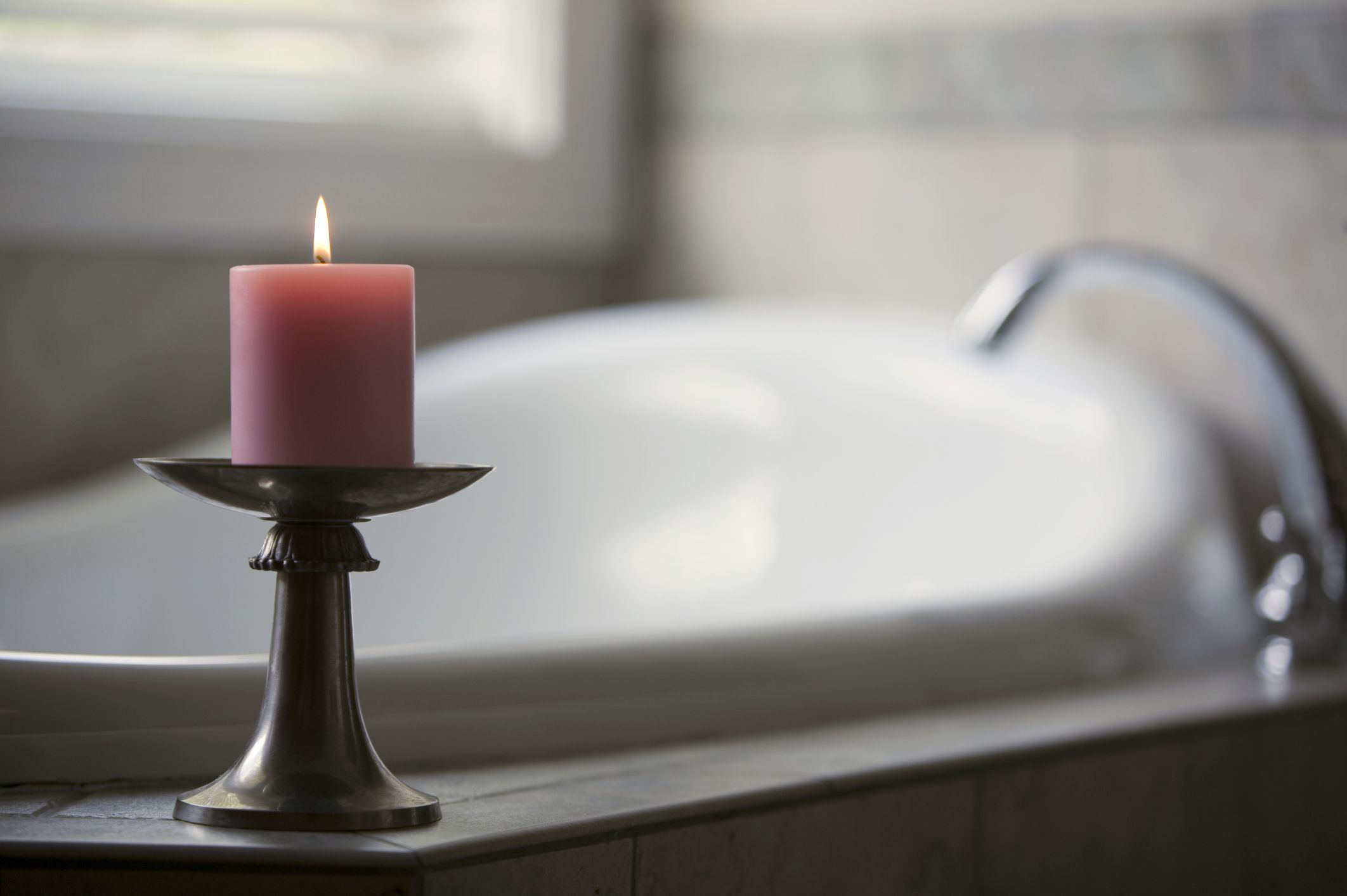
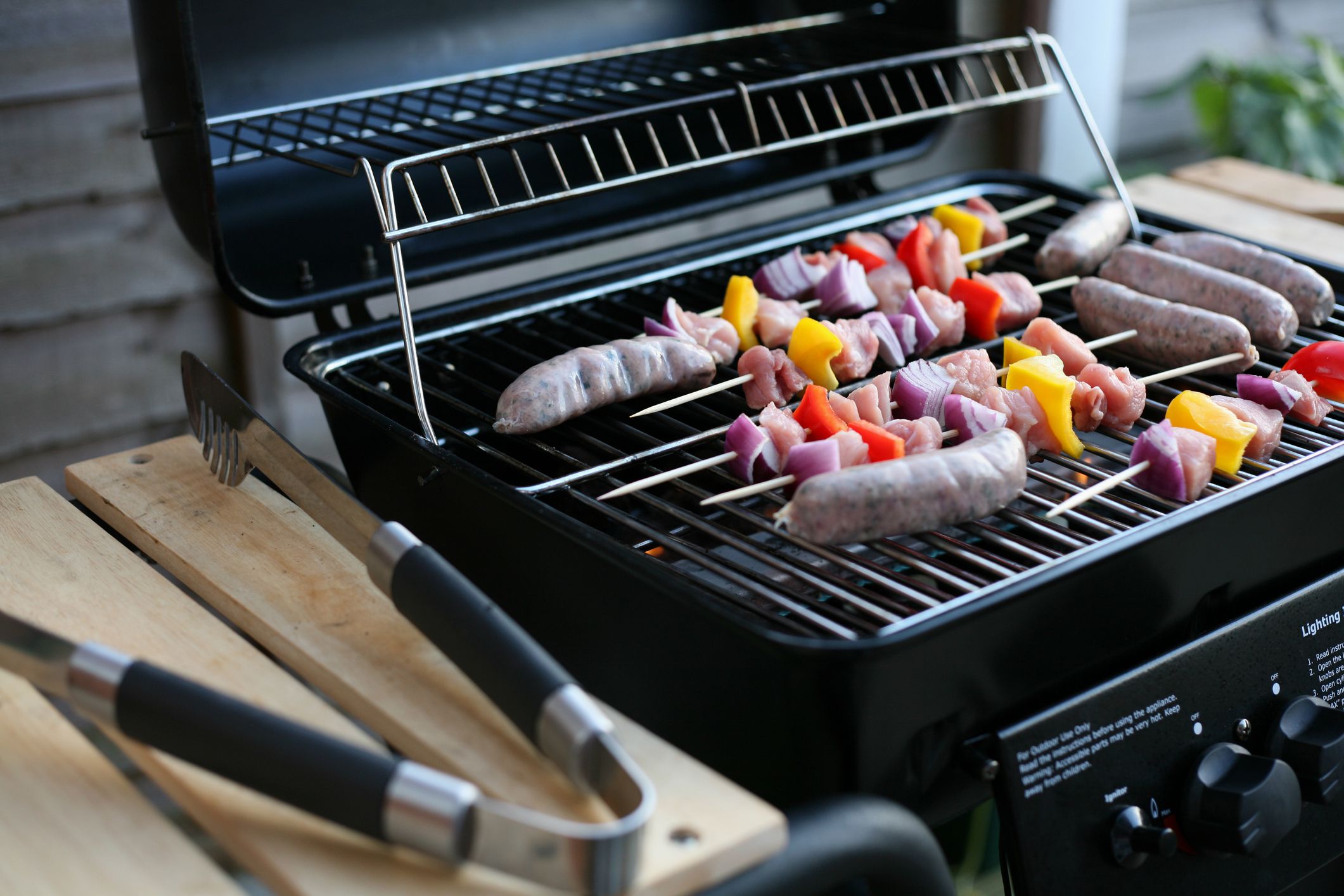
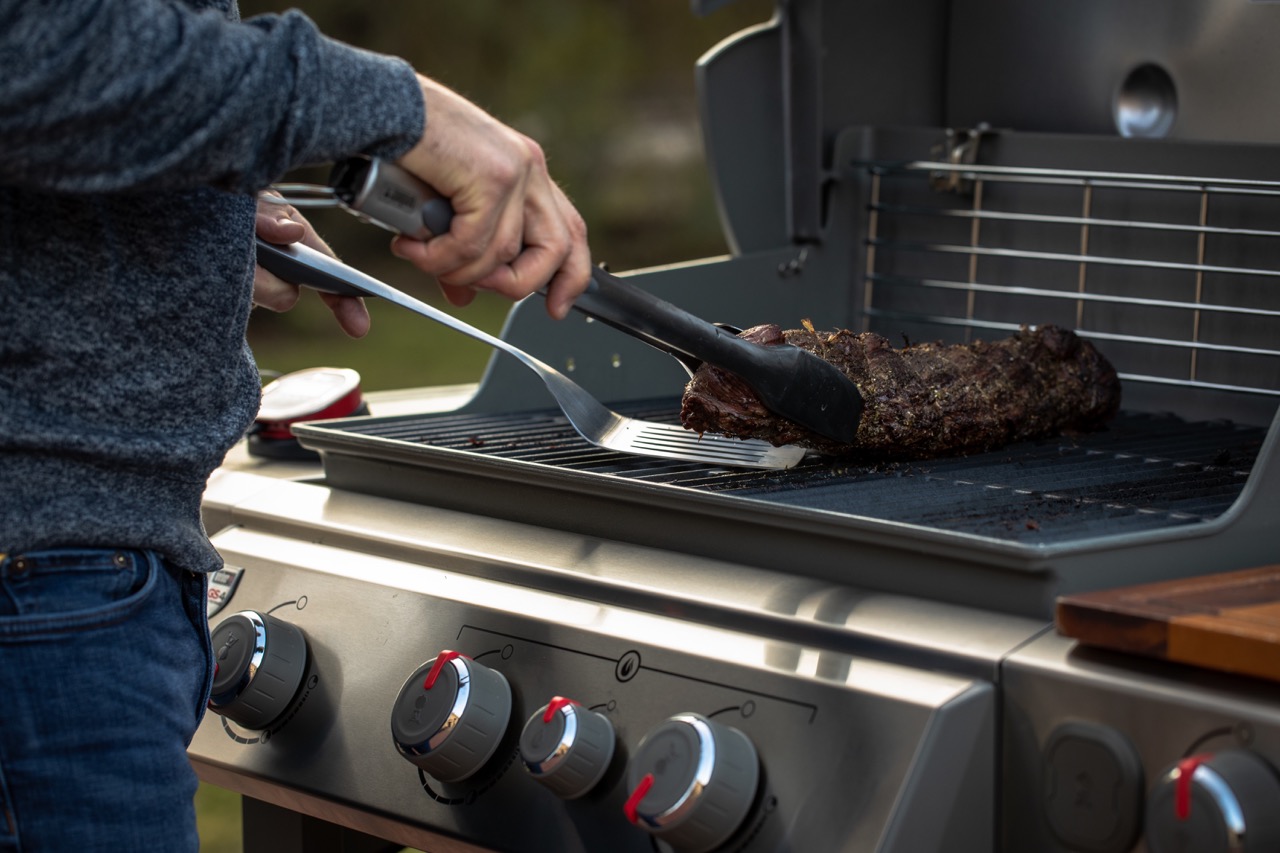
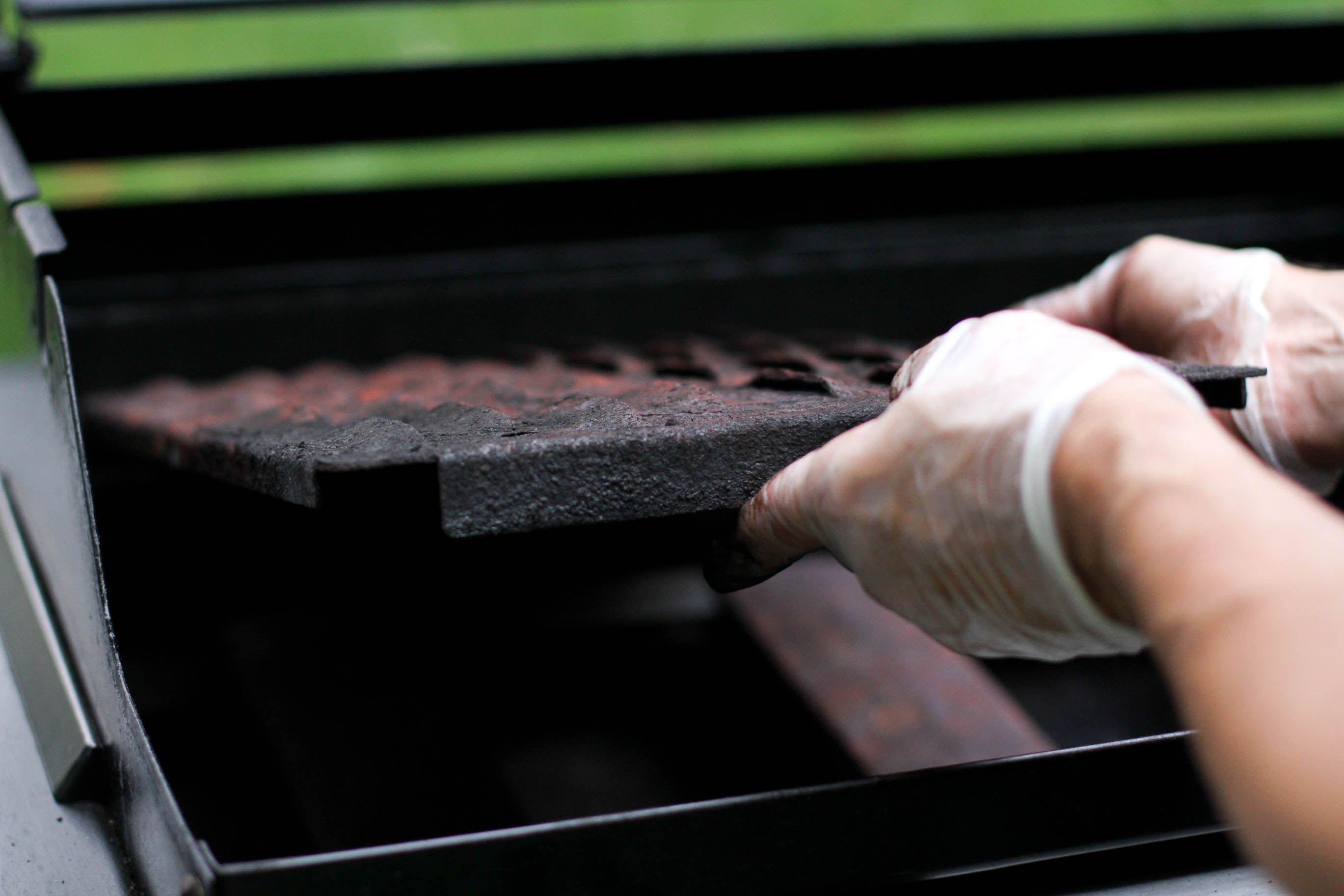
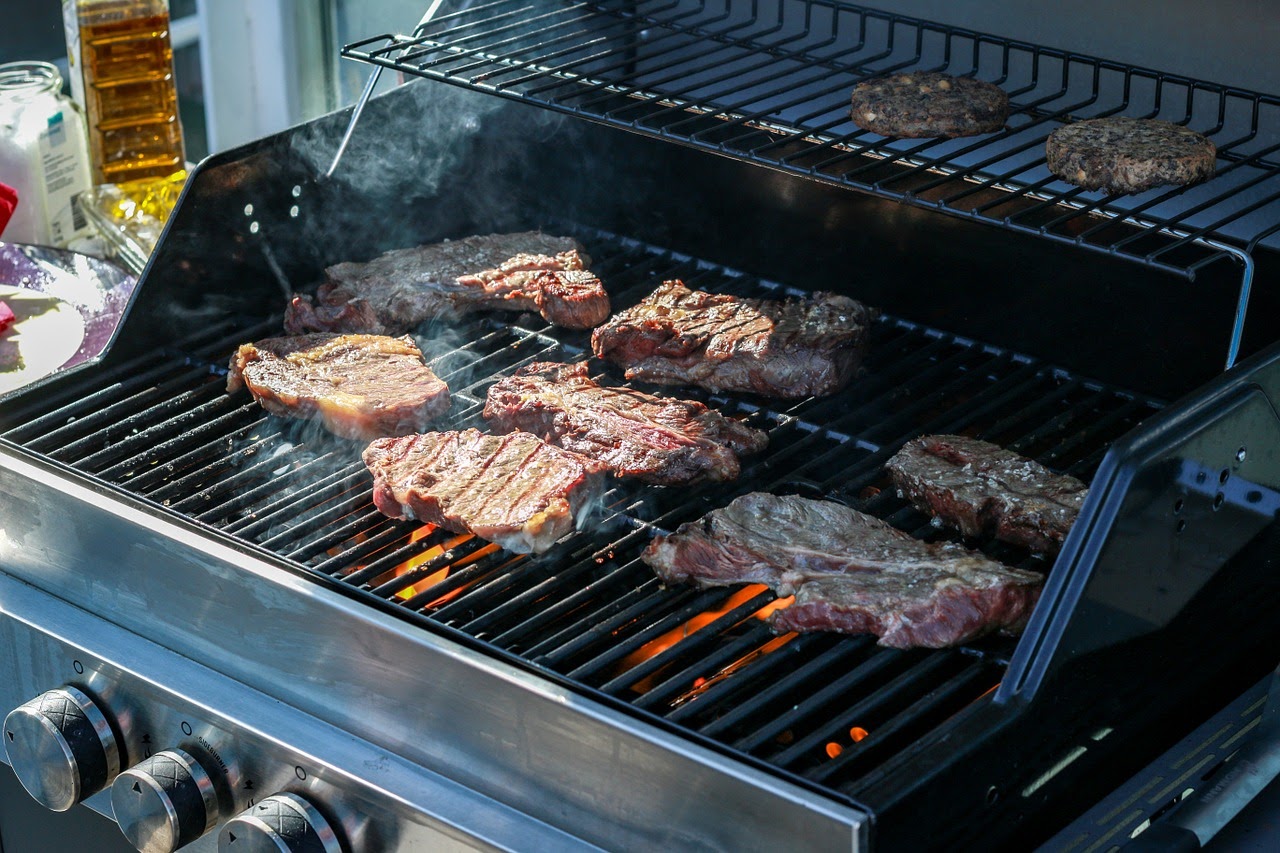
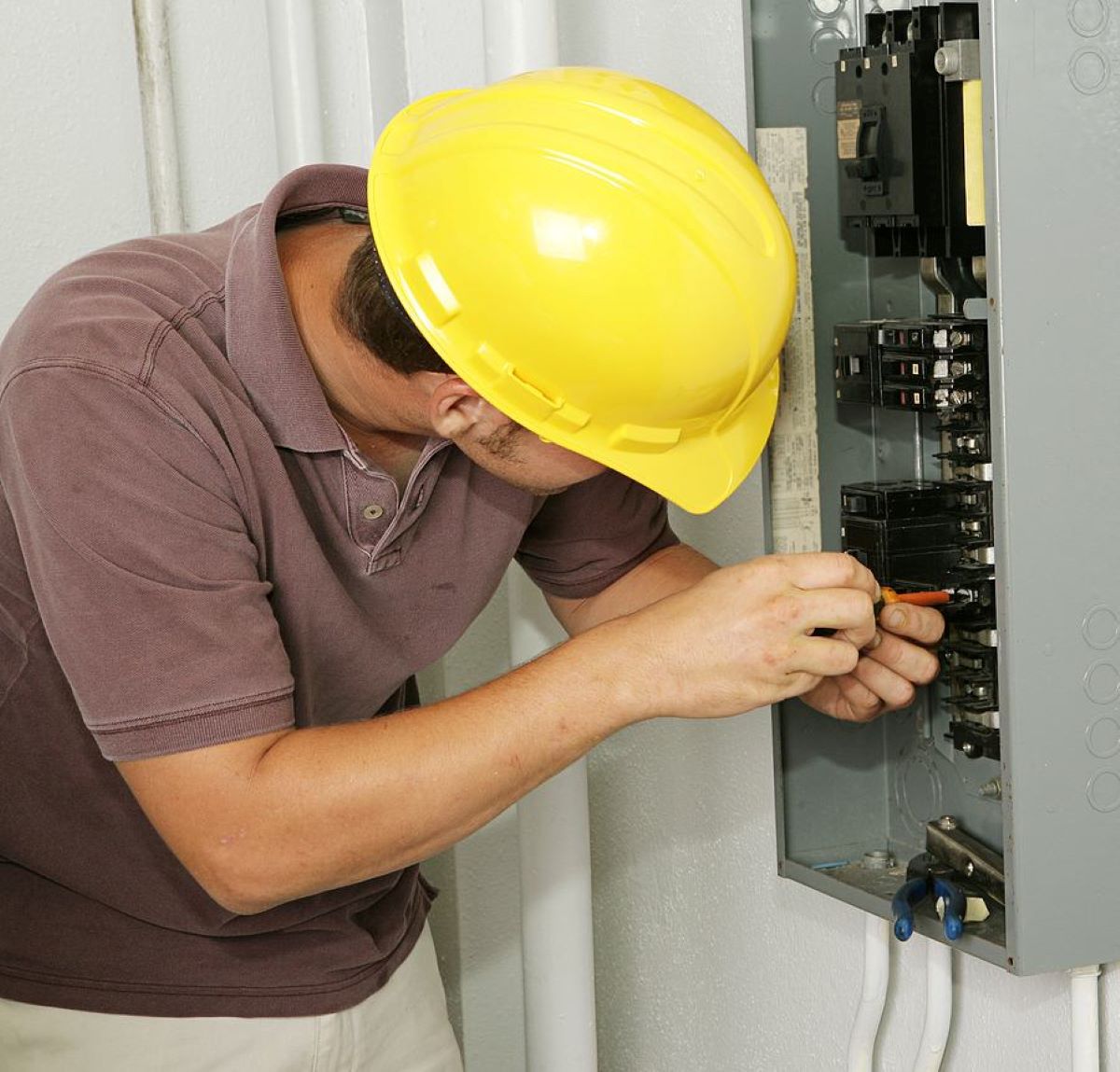
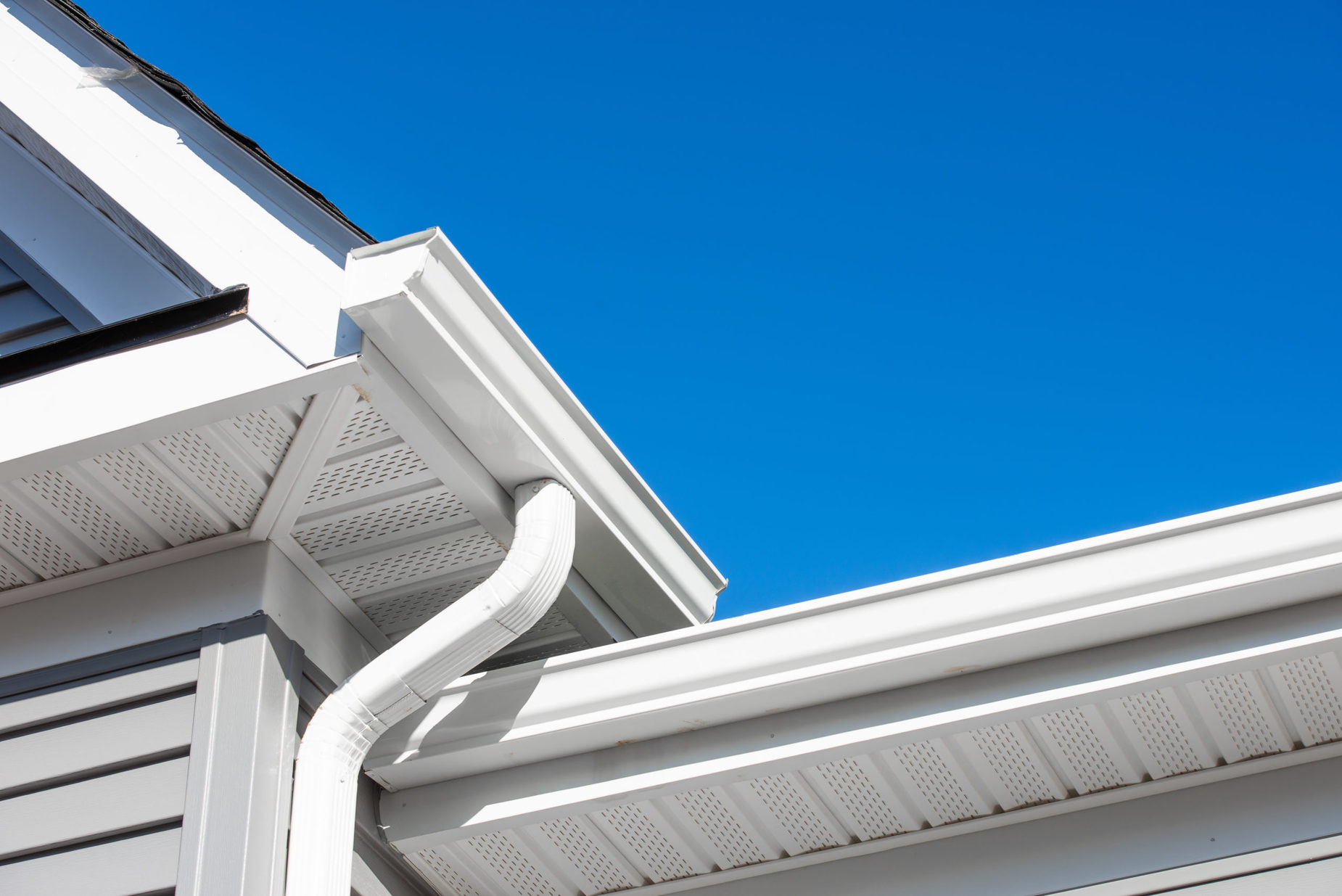

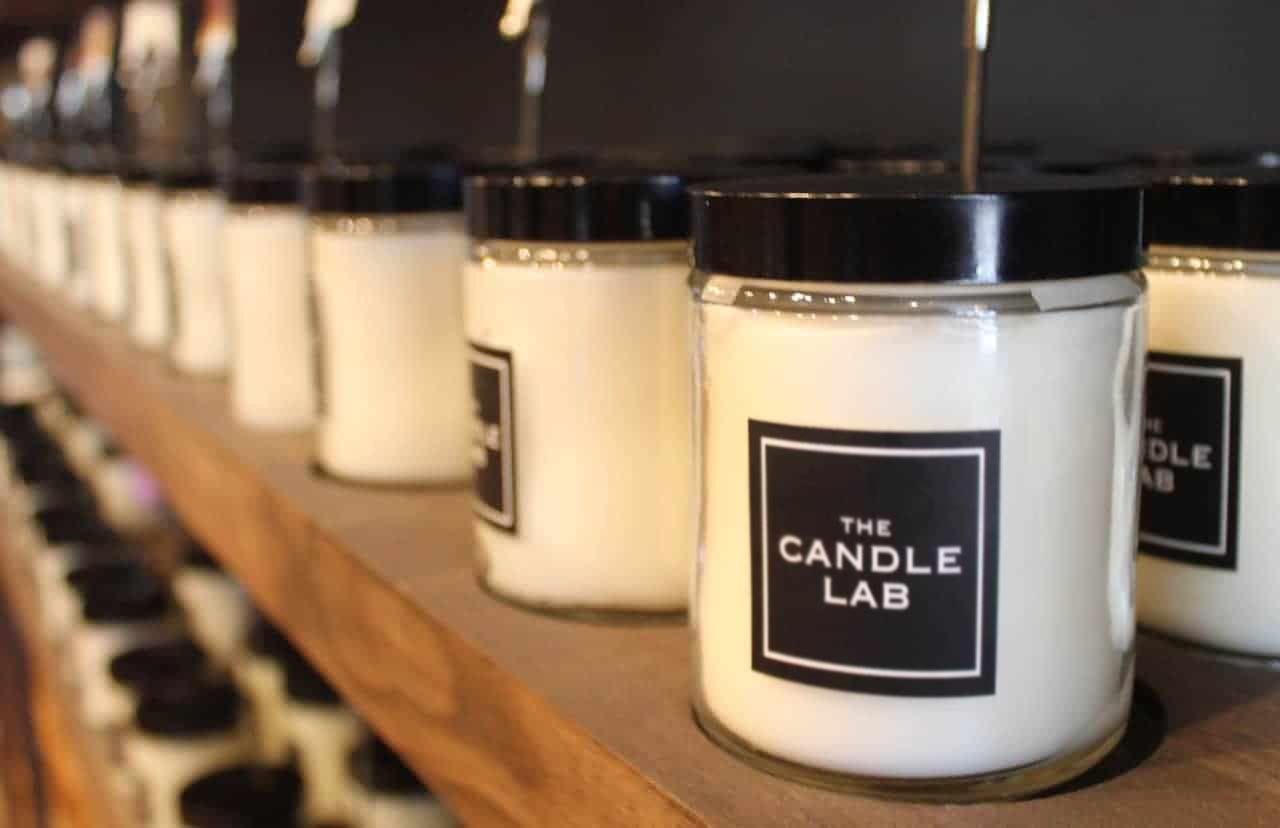
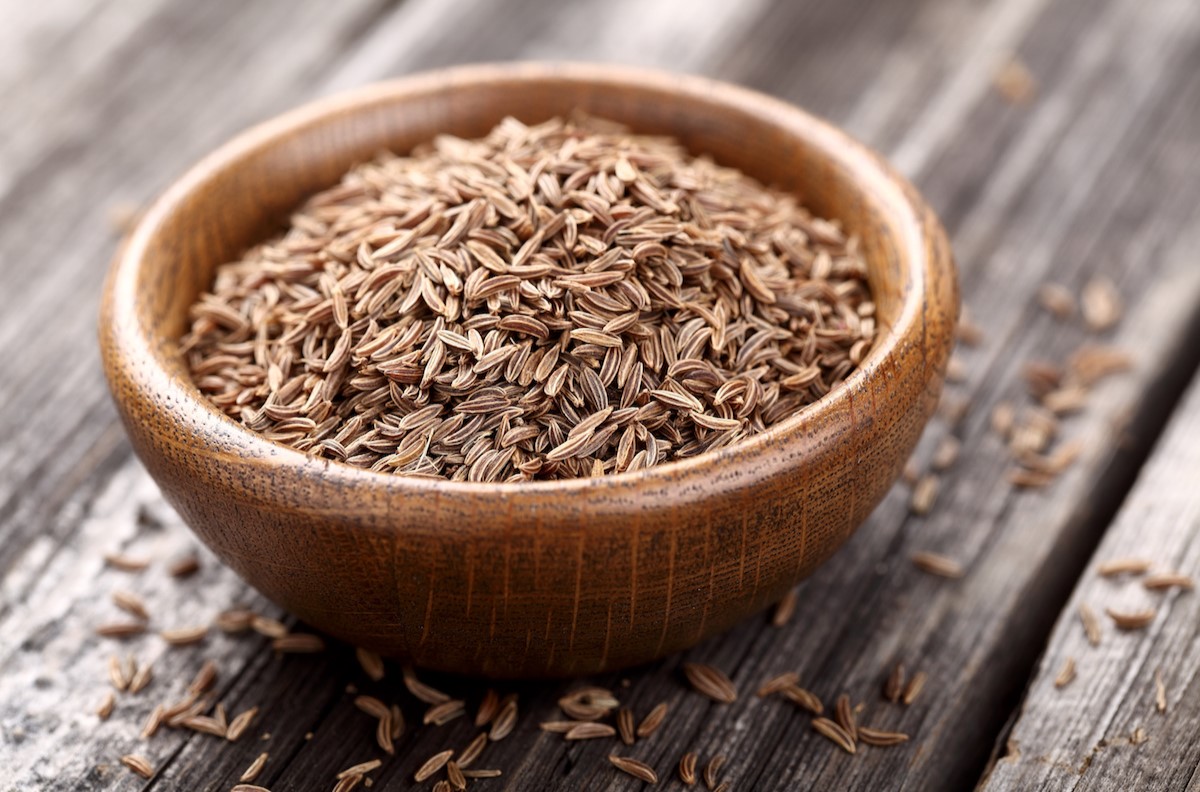

0 thoughts on “How Long Do Gas Grills Last”